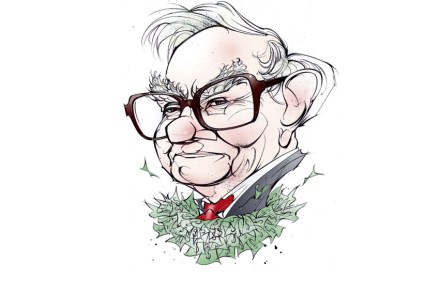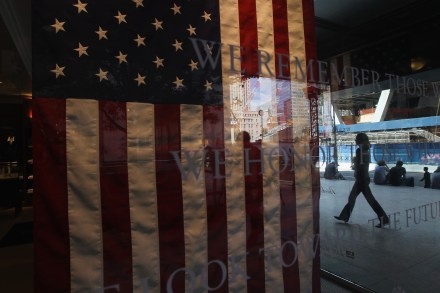A rich man for all seasons
Multibillionaire Warren Buffett may sound cuddly, but he’s talking from both sides of his mouth August was a typical month for Warren Buffett, America’s second richest man. While the leisure classes lolled, he called for higher tax rates for the rich. If America had a debt problem, he wrote in the New York Times, it was high time the rich paid a greater share of their earnings to the government. Then, two weeks later, he sank his fangs into the fleshy rump of Bank of America, one of the bailed-out giants still staggering three years since the start of the financial crisis. Buffett had been circling Bank of America for











